Breakfast Cereals with Artificial Colors
Kennedy’s administration plans to ban synthetic dyes such as Red 40 and Yellow 5, routinely used in popular breakfast cereals.
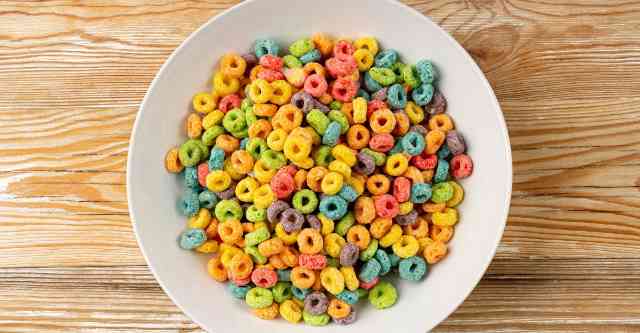
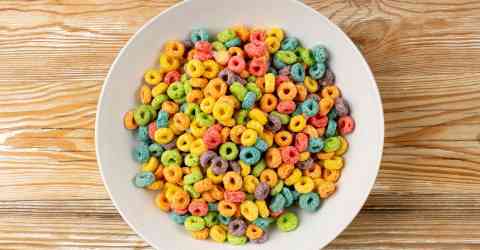
These colors have shown links to behavioral issues, particularly in children. The policy demands manufacturers reformulate cereals using natural colorants, pushing the food industry toward safer, more transparent ingredients.
Soft Drinks with High Fructose Corn Syrup
High fructose corn syrup in sodas is targeted due to its association with obesity and chronic diseases. The policy may force drink makers to switch to natural sugars or alternative sweeteners.
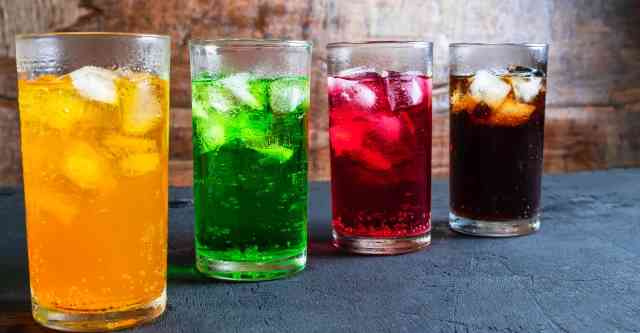
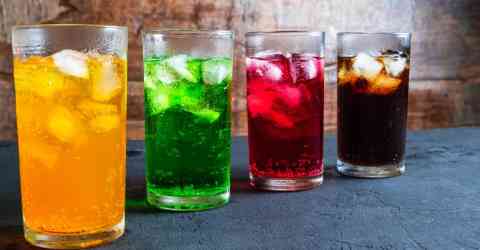
New labeling requirements will inform consumers of the risks, potentially reshaping the flavor and composition of many leading soft drink brands.
Hot Dogs with Nitrates
Hot dogs traditionally use nitrates and sodium nitrite as preservatives, linked to cancer risks. Kennedy’s policies may ban these chemicals or require manufacturers to adopt natural preservation methods.


Warning labels could also become mandatory, increasing consumer awareness about processed meat health risks.
Potassium Bromate in Bread and Baked Goods
Potassium bromate, used to improve bread texture, is labeled a possible carcinogen. The Kennedy administration aims to ban or heavily restrict its use, prompting bakeries to find safer alternatives.


This initiative reflects a broader effort to eliminate potentially harmful additives in everyday staple foods to improve public health.
Protein Bars with Sugar Alcohols
Many protein bars contain sugar alcohols, causing digestive issues for some consumers. Kennedy’s administration may enforce stricter labeling to warn buyers or push for reformulation using natural sweeteners instead.


Ingredient transparency will improve, helping consumers make informed choices about these popular health products.
Flavored Coffee Syrup
Commercial coffee syrups often contain artificial colors, flavors, and preservatives, which will face severe restrictions.


Kennedy’s policy emphasizes using natural flavorings to decrease synthetic additives in the food supply. This move aims to enhance food authenticity and consumer safety in both retail and foodservice sectors.
Shelf-Stable Pudding
Shelf-stable pudding frequently contains synthetic thickeners and preservatives to extend shelf life. Under Kennedy’s regulations, these products will be encouraged or required to replace artificial stabilizers with natural ingredients.


This aligns with his broader push for cleaner, more natural food products that reduce chronic disease risks.
Neotame in Sugar-Free and Low-Calorie Foods
Neotame, an artificial sweetener chemically related to aspartame, is under scrutiny due to limited long-term safety data.


Kennedy’s administration may demand additional research or restrict its use until further studies confirm its safety. This cautious approach supports his commitment to protecting public health through evidence-based policies.
Spray Cheese Products
Spray cheese, often containing less than 20% real cheese and many artificial stabilizers, may face new content requirements.


Kennedy’s policy may mandate a minimum real cheese percentage of 51%, similar to European standards, to ensure authenticity and reduce synthetic additives, ultimately improving product quality and consumer confidence.
Shelf-Stable Tofu Products
Preservatives and pH regulators used in shelf-stable tofu might be restricted to encourage production methods closer to traditional tofu-making.
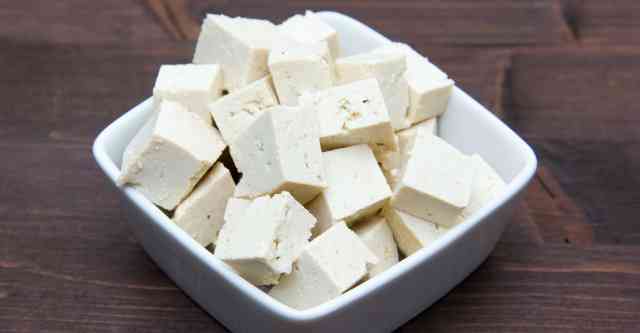
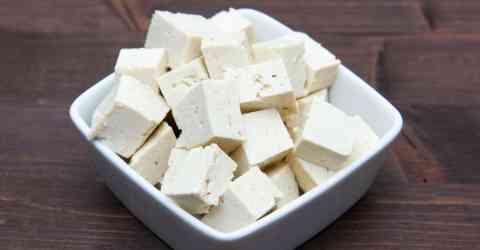
This policy aims to reduce artificial additives in plant-based foods, promoting more natural, less processed products to meet consumer demand for cleaner labels and healthier alternatives.
Shelf-Stable Cold Brew Coffee
Cold brew coffee products often rely on artificial preservatives and sweeteners. Kennedy’s focus on transparency and authenticity could require these products to adopt natural preservation practices and flavorings.


Such reforms will reduce synthetic chemical exposure and align with broader goals of enhancing public health via improved food safety.
Processed Buffalo Sauce
Many commercial buffalo sauces use artificial preservatives, synthetic thickeners, and high sodium, factors linked to chronic health issues.


Kennedy’s regulations may enforce real butter content and natural preservation methods. These requirements aim to restore traditional food quality while addressing public health concerns around ultra-processed condiments.
Gellan Gum in Plant-Based Dairy
Gellan gum is a common thickener in plant-based dairy but raises concerns about long-term health effects. Kennedy’s FDA may require clearer labeling or further studies to fully assess risks.
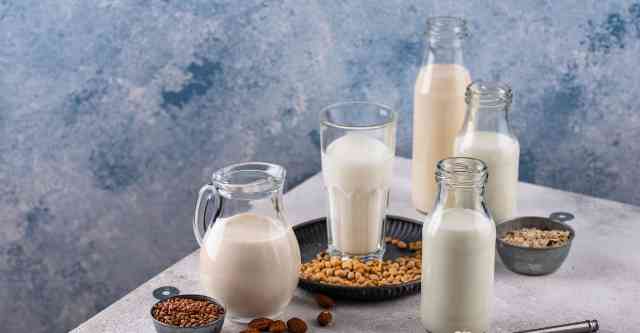
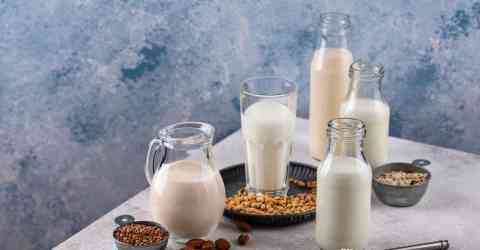
This reflects the administration’s cautious approach to novel food additives and dedication to safeguarding consumer health through transparency.
Flavored Milk (Strawberry, Chocolate, etc.)
Flavored milk products laden with artificial colors, high fructose corn syrup, and emulsifiers face sugar reduction targets and labeling improvements.


These changes aim to cut excessive sugar intake among children and adults while enhancing product transparency. The policy advances efforts to reduce chronic diseases related to unhealthy diets.
Artificial Sweeteners in Diet Products
Artificial sweeteners like aspartame, acesulfame potassium, and sucralose, common in diet sodas and snacks, may be banned or face warning labels due to evidence linking them with gut microbiome disruption.
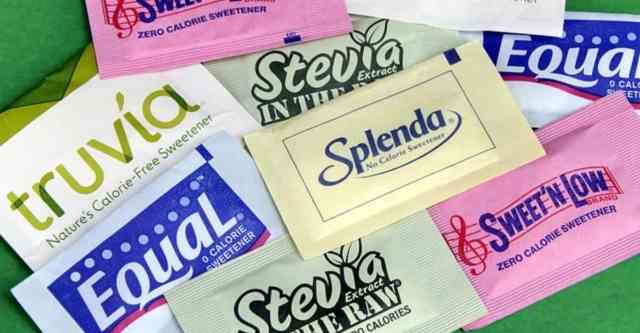
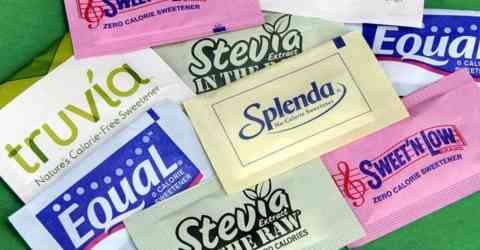
Kennedy’s initiative targets cleaner ingredient lists and mandates consumer warnings on these controversial additives.
Supermarket Cheese Crumbles and Shredded Cheese Bags
Many shredded cheeses contain cellulose (wood pulp) to prevent clumping, which may be banned or require clear labeling under Kennedy’s policy.
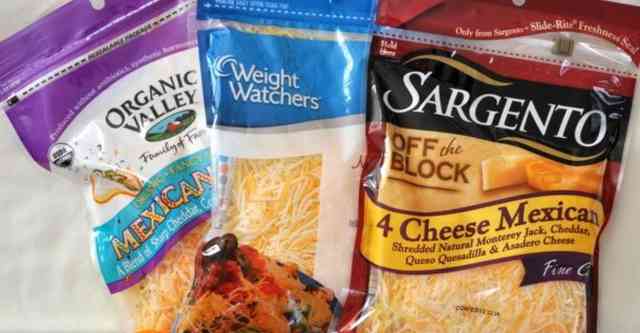
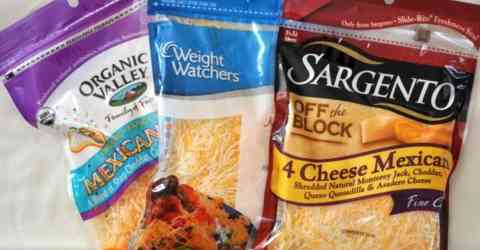
The push for natural anti-clumping agents reflects a commitment to reducing synthetic additives in everyday foods while maintaining product quality.
Chocolate Chip Muffins (Gas Station/Convenience Store)
Convenience store muffins containing artificial chocolate flavor and high fructose corn syrup face restrictions.


Reformulation efforts will reduce unhealthy additives and improve nutritional quality, echoing broader policy goals to limit ultra-processed food consumption and combat chronic health conditions linked to poor diets.
Pre-Packaged Éclairs and Cream Puffs
Convenience-store éclairs use synthetic vanilla and stabilizers, sacrificing quality and freshness. Kennedy’s policy seeks to phase out artificial thickeners and stabilize formulations with fresh, natural ingredients.


This change aims to enhance product quality and promote healthier, less processed indulgences.
RFK Jr.’s Narrow Senate Confirmation as HHS Secretary
Robert F. Kennedy Jr. assumed office as Secretary of Health and Human Services in a narrow Senate vote early in 2025.


His leadership marks an aggressive push to overhaul U.S. food safety frameworks, focusing on chronic disease prevention by eliminating harmful food additives and ultra-processed foods, with a strong commitment to science-based regulation.
MAHA Commission Targets Ultra-Processed Foods and Chronic Disease
Kennedy’s Make America Healthy Again (MAHA) commission targets ultra-processed foods as a root cause of America’s chronic disease epidemic.


Their landmark report highlights the need to place whole foods at the center of healthcare and calls for robust nutrition research free from industry influence to combat obesity and related illnesses.
Childhood Calories Mostly from Ultra-Processed Foods: MAHA Report
MAHA reports that nearly 70% of calories consumed by children in the U.S. come from ultra-processed foods, linking diet to rising rates of obesity, diabetes, depression, and some cancers.


The report demands policy reforms to reduce harmful food additives and protect children’s health by reshaping the nation’s food environment.
Nationwide Phase-Out of Synthetic Food Dyes Underway
Kennedy’s administration has begun phasing out petroleum-based synthetic food dyes across the nation
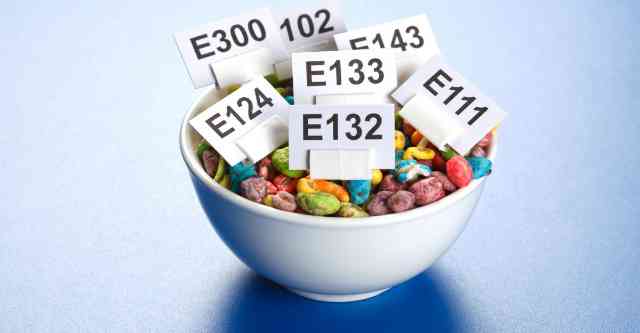
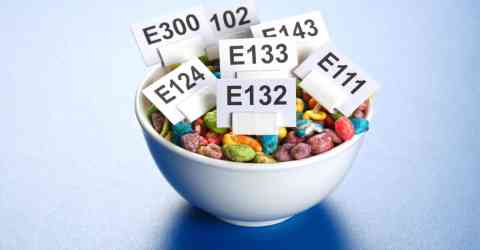
These dyes, linked to behavioral and health problems especially in children, will be replaced by natural alternatives by 2026, reflecting a major shift toward more natural, safe food ingredients under his food safety agenda.
Political and Budgetary Challenges to Kennedy’s Food Reforms
Despite strong ambitions, Kennedy’s policies face criticism for contradictions, such as budget cuts to the FDA and food assistance programs.
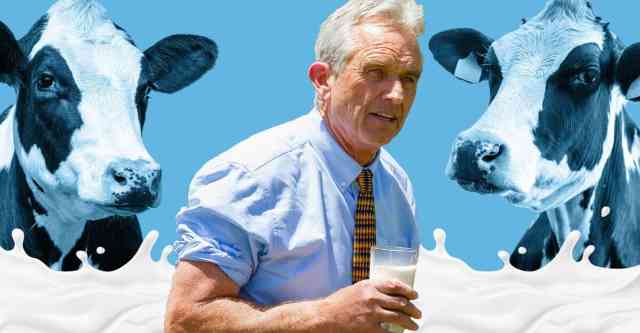
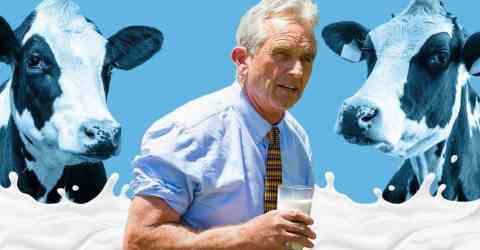
Experts debate if these reforms can be fully realized within existing political and financial constraints, but his administration’s agenda is nonetheless driving an unprecedented focus on food safety and public health.
Oversight of FDA, CDC, and NIH Strengthens Food Safety Actions
Overseeing agencies like the FDA, CDC, and NIH, Kennedy wields significant influence on food and health policy.


He champions transparency on ingredients, post-market chemical reviews, and tough regulatory actions to diminish toxic exposures in food and packaging, reflecting an aggressive, wide-ranging reform strategy to improve public health.
Experts Debate Real-World Impact of Kennedy’s Ambitious Agenda
While Kennedy’s agenda to transform American food safety is bold, experts caution about challenges from shrinking FDA resources and industry resistance.


However, his efforts signal a historic turn toward confronting ultra-processed foods, artificial additives, and chronic disease through comprehensive government action for healthier food systems.